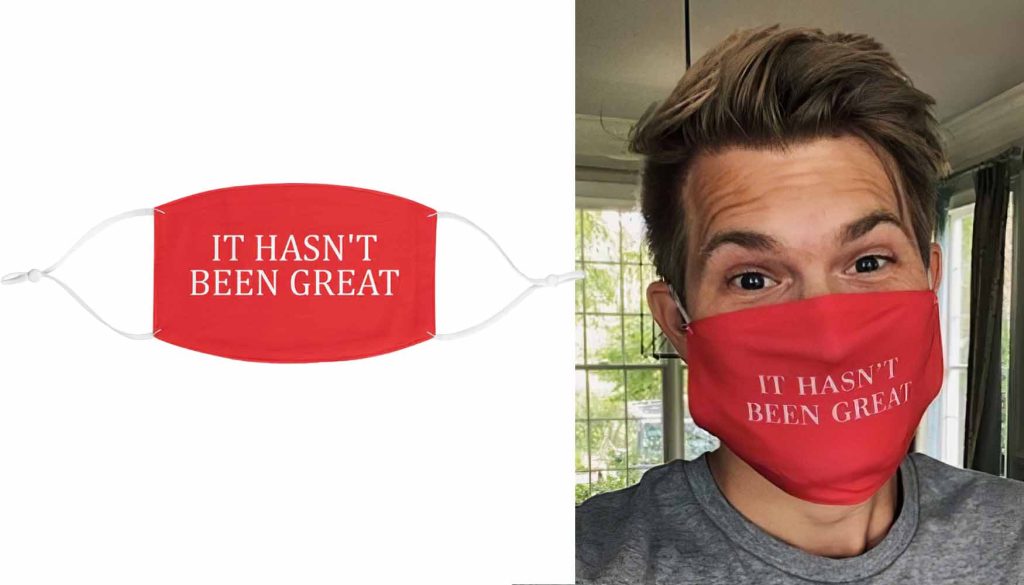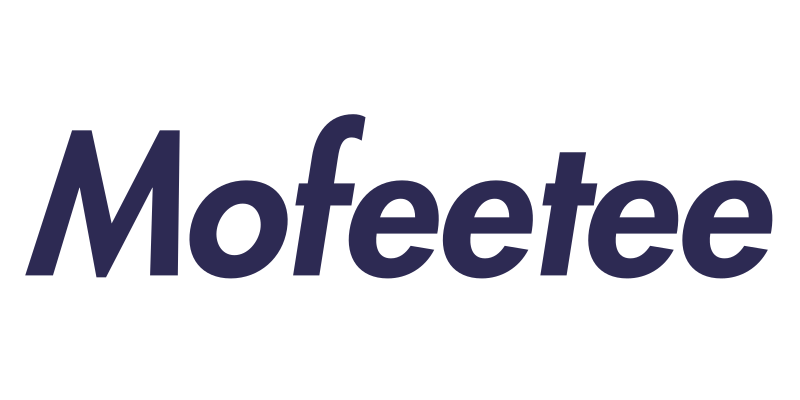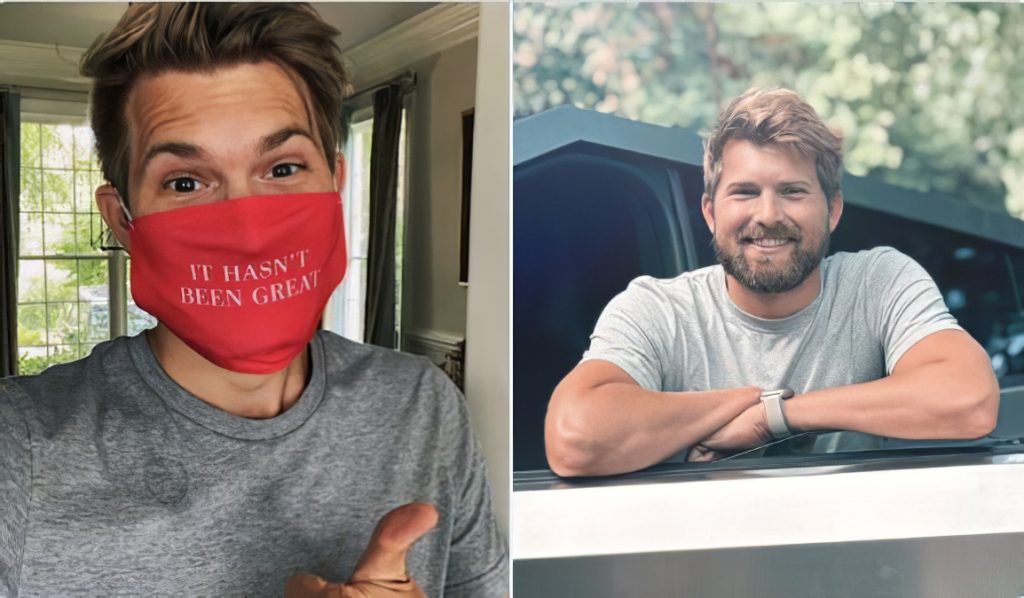News
How Matt Van Swol’s Political Self-Portrait Evolves Over Time
The in his subtly provocative work, “This is me as a liberal in 2020. This is me as a conservative in 2025,” artist Matt Van Swol crafts a minimalist yet powerful meditation on identity, politics, and the passage of time. Through two simple images placed side by side, he invites viewers to step into a dialogue about self-perception, change, and the stories we project onto others.
On the left, we see Van Swol in 2020: masked, understated, and bearing across his face covering the stark phrase, “It Hasn’t Been Great.” The words carry more than personal sentiment—they encapsulate the heaviness of a year defined by crisis, uncertainty, and collective exhaustion. With just a few words on fabric, the artist captures an entire cultural moment.
Fast forward five years, and the second image tells a strikingly different story. Here, in 2025, Van Swol stands unmasked, sharply dressed, confident, composed—even undeniably handsome. The contrast is immediate: where the first portrait is muted and weary, the second exudes polish, charisma, and control. Yet this shift is not simply cosmetic. It challenges us to ask whether we are witnessing the evolution of a person, or merely responding to the cues of presentation and context.
Van Swol’s piece thrives on restraint. With minimal shifts in detail—clothing, expression, a mask, a few words—he demonstrates how radically interpretation can shift. Two images, one man, two labels. The rest is left for us to fill in. And in that gap lies the essence of the work: not in telling us who Van Swol is, but in asking us, insistently and unavoidably—What do you see?
Let’s step back to 2020. The face mask, instantly recognizable as the emblem of the COVID-19 era, does more than anchor us in a specific cultural moment. It isn’t merely a piece of protective gear—it’s a symbol layered with meaning. The printed words, “It Hasn’t Been Great,” go beyond a nod to global events; they read as an intimate pulse check of collective emotion.
Exhaustion, frustration, and a deep sense of uncertainty permeated that year—politically, socially, and personally. As “a liberal in 2020,” Van Swol portrays himself both masked and exposed: physically concealed, yet emotionally unguarded, revealing vulnerability and disillusionment beneath the surface.

With the 2025 version of Van Swol emerges without a mask, dressed with precision, radiating an undeniable sense of self-assurance. The polished aesthetic – punctuated by the caption “This is me as a conservative in 2025” – is not accidental. It is calculated, deliberately composed to provoke attention and interpretation.
At first glance, he appears like a man who has found clarity, someone who has pieced together the fragments of uncertainty that haunted the earlier image. But what lies beneath that surface? Has he truly transformed his values, or has he simply exchanged one performance for another – this time cloaked in an invisible mask of confidence?
The question extends beyond the individual. Is this image a commentary on how we, as viewers, instinctively interpret identity through the lens of politics? A “conservative in 2025” is framed as sharper, more disciplined, more marketable. But is that confidence authentic, or is it a staged construct designed to expose how easily we equate appearance with ideology?
Van Swol refuses to provide clear answers. Instead, he lays a subtle trap – one that is more reflective than accusatory. Through the juxtaposition of two portraits and the stark simplicity of text, he distills the contradictions of a polarized age. Here, identity is no longer fixed; it is performed. Politics becomes not just a belief system, but a costume. And beauty itself shifts, defined not by universal standards but by the context in which it is seen.
The true genius of “This is me as a liberal in 2020 / This is me as a conservative in 2025” is that it resists prescribing meaning. It does not tell us what to believe; instead, it urges us to examine our instincts, to question how we judge others and, more importantly, how we judge ourselves – across time, across ideology, across the very masks we wear.

